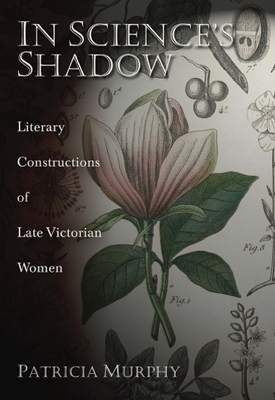Patricia Murphy explores the tenuous interplay of gender and science to show how Victorian literature both challenged and reinforced a constrictive role for women. Focusing on a specific body of literature involving women intensely associated with scientific pursuits, and examining selected noncanonical writings, Murphy demonstrates how these works informed the ""Woman Question"" by reinforcing or rejecting presumed truths about gender and science. Some of these texts offer lucid insights into the ways in which women were defined, marginalized, and excluded. In his novel ""Two on a Tower"", Thomas Hardy presented science as a masculine realm threatened by female intrusion, while Wilkie Collins ""in Heart and Science"" depicted a woman interested in science as a villainous schemer who falls far short of the Victorian ideal of femininity. And although Charles Reade's novel ""A Woman-Hater"" was more sympathetic in its portrayal of a female physician, it continued to reinforce Victorian stereotypes. Murphy also shows us the poetry of science enthusiast Constance Naden, who used the language of the discipline to reflect its marginalization of women. She uses the travel memoirs of botanical painter, Marianne North, which reveal her attempts to achieve a gender-neutral voice to position her work within the Victorian scientific realm. These close readings show how prejudices about women's intellectual inferiority infiltrated popular culture.
- ISBN13 9780826216823
- Publish Date 30 December 2006
- Publish Status Active
- Publish Country US
- Imprint University of Missouri Press
- Format Hardcover
- Pages 256
- Language English
